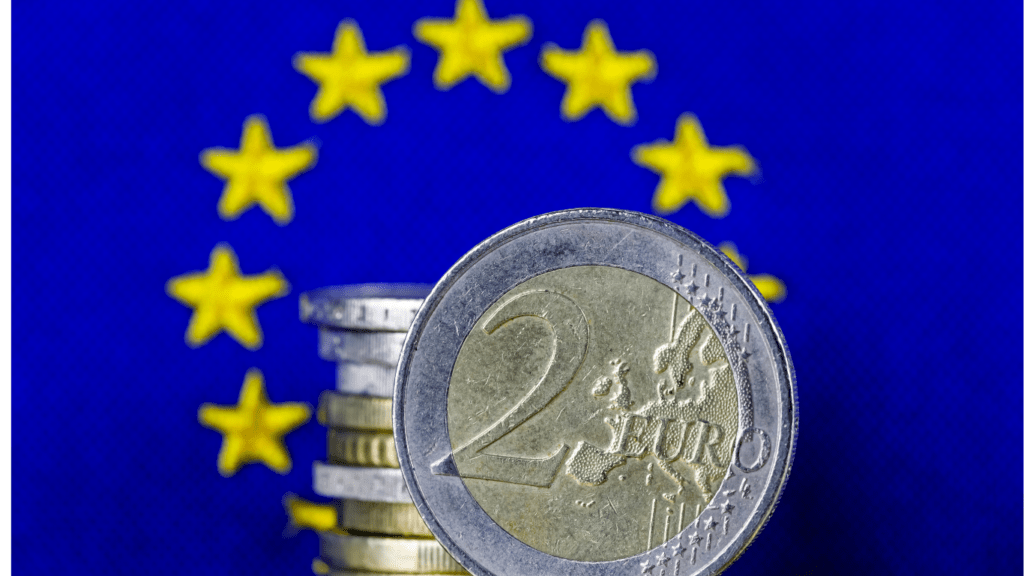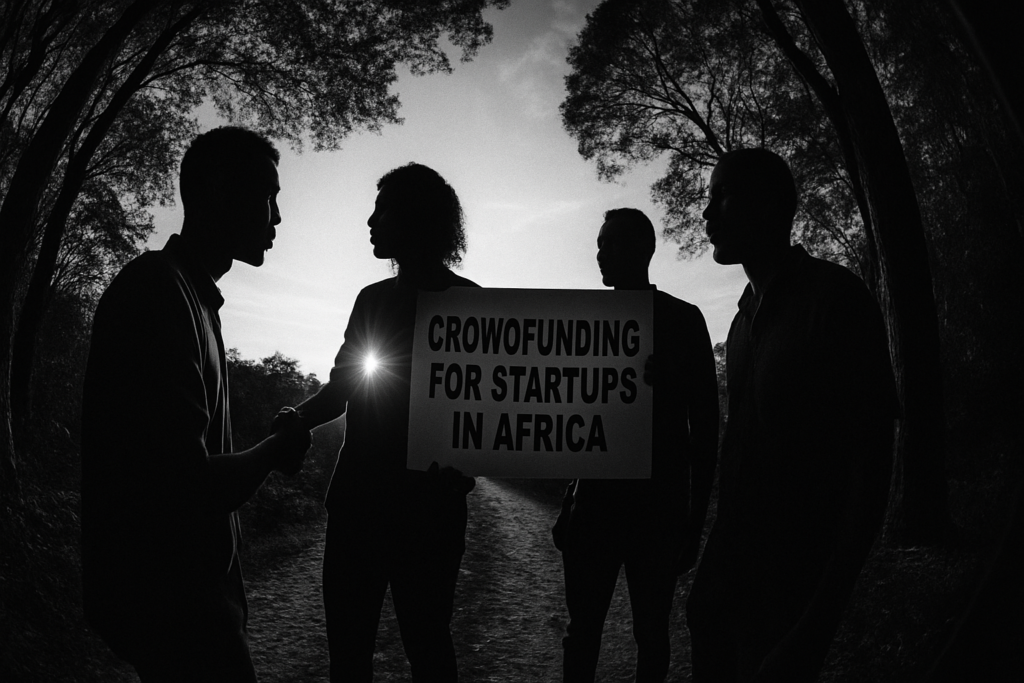Overview of European Startup Funding Programs
European startup funding programs offer crucial financial support to startups. These programs, encompassing a range of options, help transform innovative ideas into thriving businesses.
Importance of Funding for Startups
Funding is essential for startups to scale operations, develop products, and enter markets. Without adequate capital, startups struggle to attract talent, invest in research, and sustain growth. Funding fuels innovation and boosts economic growth. Startups with sufficient backing have a better chance of success compared to those without.
Types of Funding Available in Europe
European startups can access diverse funding types to suit various needs:
- Grants: Non-repayable funds often provided by the EU or national governments. Examples include Horizon Europe grants.
- Equity Investments: Investors receive shares in exchange for funding. Notable examples include venture capital firms and angel investors.
- Loans: Repayable funds typically offered by banks or financial institutions. Programs like the European Investment Bank support such loans.
- Crowdfunding: Raising small amounts of money from a large number of people, usually via platforms like Kickstarter or Indiegogo.
- Accelerators and Incubators: Programs offering funding, mentorship, and resources. Examples include Techstars and Y Combinator clones across Europe.
- Competitions and Challenges: Opportunities to win funding through pitch competitions. Notable instances include the EU Prize for Women Innovators and the EIT Digital Challenge.
Each funding type aligns with different stages and needs of a startup, providing tailored financial support.
Government Grants and Subsidies
Government grants and subsidies play a significant role in supporting European startups. Various levels of funding are available.
European Union Programs
The European Union (EU) offers numerous programs to fund startups across member states. Horizon Europe stands out, providing €95.5 billion to innovative projects. Erasmus for Young Entrepreneurs allows budding entrepreneurs to gain experience abroad. Digital Europe focuses on digital transformation, allocating €7.5 billion for digital skills, cybersecurity, and more.
National-Level Grants
Each EU member state provides national-level grants to promote domestic startups. Germany’s EXIST program offers funding and support for female entrepreneurs in academia. France’s Bpifrance facilitates financial aid and innovation support. Spain’s ENISA provides loans to innovative companies, emphasizing technological advancements.
Regional and Local Subsidies
Regional and local subsidies further assist startups at sub-national levels. In Germany, the Bavarian startup initiative offers equity-free funding for new entrepreneurs. Italy’s regional policies prioritize startups in less economically developed areas, offering tax benefits and grants. The UK’s Innovate UK fund supports regional innovation projects, enhancing local business ecosystems.
Private Sector Funding
Securing private sector funding is essential for many European startups. Various channels like venture capital, angel investors, and private equity can provide substantial financial support.
Venture Capital
Venture capital firms invest in early-stage, high-potential startups. Funding often comes in exchange for equity, which means VCs hold a stake in the company. Top European venture capital firms include Atomico, Index Ventures, and Balderton Capital. They often look for innovative, scalable business models and competent teams. Preferred sectors are tech, life sciences, and fintech.
Angel Investors
Angel investors are high-net-worth individuals who provide capital to startups in their early stages. Unlike VCs, angels invest their own money. Notable European angel networks include the UK Business Angels Association and the European Business Angels Network. These investors provide not only funding but also mentorship and industry connections, which can be pivotal for a startup’s growth.
Private Equity
Private equity firms invest in more mature startups and established businesses. They usually look for companies with solid revenue streams and growth potential. Important private equity players in Europe include EQT Partners, CVC Capital Partners, and Permira. These firms invest large sums, aiming for significant returns through management improvements and strategic direction. Private equity is often a fit for startups looking to scale rapidly.
Each type of private sector funding offers unique advantages, tailored to different stages and needs of a startup’s lifecycle.
Alternative Funding Options

European startups can explore several alternative funding options to complement traditional sources. These options offer diverse pathways to secure necessary capital.
Crowdfunding
Crowdfunding provides startups with a platform to raise funds from a large pool of individual backers. Popular platforms include Kickstarter, Indiegogo, and Seedrs. Startups present their projects online, and backers contribute small amounts. Successful campaigns often rely on effective marketing and engaging pitches, illustrating the product’s uniqueness and value.
Accelerators and Incubators
Accelerators and incubators support startups by offering funding, mentorship, and resources. Accelerators like Techstars and Y Combinator provide startup capital in exchange for equity. Programs last around three to six months, culminating in a demo day where startups pitch to investors.
Incubators, such as Station F and L39, often focus on nurturing startups over a longer period. They typically offer workspace, networking opportunities, and business guidance, fostering long-term growth.
Corporate Funding
Corporate funding involves established companies investing in startups through venture arms or strategic partnerships. Corporations like Google Ventures and Intel Capital look for innovative technologies that align with their strategic interests. These investments often provide startups with not only capital but also access to industry expertise, networks, and market opportunities.
Application Process for Funding
Navigating the application process for funding can be complex, but understanding eligibility criteria, steps to apply, and common challenges makes it manageable.
Eligibility Criteria
Eligibility criteria vary by funding source. Government grants typically require startups to operate within specific industries or regions. Accelerators often seek early-stage companies with scalable ideas. Crowdfunding platforms generally impose minimal restrictions but focus on compelling project presentations. Corporate funding usually targets ventures aligned with the company’s strategic interests. Checking detailed eligibility on the funder’s website ensures compliance before applying.
Steps to Apply
- Research: Identify relevant funding programs or platforms. Use databases and networking events to discover opportunities.
- Prepare Documentation: Gather required documents like business plans, financial statements, and pitch decks. Tailoring these to the funder’s expectations increases application success.
- Submit Application: Complete application forms online or per the funder’s guidelines. Provide all necessary information, and adhering to deadlines avoids disqualification.
- Follow Up: Track the application’s status via online portals or direct contact. Keep open communication channels for any additional requests or clarifications.
Common Challenges and Tips
- Challenge: Meeting eligibility criteria.
Tip: Thoroughly review eligibility requirements listed on the funder’s website. Engage with advisors or mentors to refine your qualifications. - Challenge: Compiling comprehensive documentation.
Tip: Create a checklist of required documents. Seek feedback on your business plan and pitch deck from industry experts to ensure completeness and appeal. - Challenge: Adhering to deadlines.
Tip: Use project management tools to track deadlines and application stages. Setting internal deadlines a week before the official ones helps mitigate unforeseen delays.
Understanding eligibility, following precise application steps, and addressing common challenges with practical tips streamlines the funding process for European startups.
Success Stories and Case Studies
Highlighting successful startups can offer valuable insights into effective funding strategies.
Notable Funded Startups
- TransferWise (now Wise)
Based in Estonia, TransferWise secured initial funding from Seedcamp and later received $1.3 million from prominent investors like IA Ventures and Index Ventures. Their funding journey exemplifies leveraging both local and international investors to scale operations. TransferWise’s success in international money transfers demonstrates the potential for European fintech startups. - Revolut
A UK-based fintech startup, Revolut, raised $3.5 million in a Seed round led by Balderton Capital. Their collective funding reached over $800 million, making them a leading neobank. Revolut’s strategic focus on comprehensive financial services attracted significant venture capital, showcasing the importance of innovation in securing repeated investments. - BlaBlaCar
This French ridesharing company initially raised €600,000 in 2009 from ISAI. Their continued success led to further funding rounds, including a $200 million Series D round. BlaBlaCar’s strategy of combining regional knowledge with global scalability proved crucial in attracting investors. - Klarna
A Swedish fintech company, Klarna received early-stage funding from renowned firms such as Sequoia Capital. Their funding journey includes $460 million in Series E funding, demonstrating the importance of building trust with global investors. Klarna’s focus on payments and consumer credit reshaped the European market.
- Local and International Investor Networks
Establishing strong local investor relations while targeting international venture capital accelerates growth. TransferWise and Klarna used this strategy effectively. - Innovation Attracts Funding
Innovative solutions that address market needs draw significant investor interest. Examples include Revolut’s comprehensive financial services and Klarna’s payment solutions. - Scalability Matters
Investors seek scalable startups with potential for widespread adoption. BlaBlaCar’s international expansion highlights the value of market scalability in securing funds. - Strategic Use of Funding Rounds
Thoughtful planning and execution of each funding round elevate investor confidence. Successive funding rounds of BlaBlaCar and Revolut reflect meticulous strategy implementation. - Regional Understanding
A deep understanding of local markets combined with a global vision wins investor confidence. BlaBlaCar and TransferWise balanced regional insight with expansive reach.
Analyzing these success stories reveals that cohesive funding strategies, innovative solutions, scalability, strategic planning, and regional expertise are vital for attracting and retaining investments.

 Chief Marketing Officer (CMO) & Unique Author
Annamae Solanoric is the Chief Marketing Officer and a distinctive voice within the company as a unique author. Combining her passion for storytelling with her deep expertise in branding and digital marketing, she not only leads the company’s marketing strategies but also crafts compelling narratives that engage and inspire audiences. Her work as an author has been widely recognized, and she seamlessly integrates her creative vision into building the company’s brand. Annamae’s leadership in both marketing and content creation drives innovation and helps establish strong connections with clients and partners alike.
Chief Marketing Officer (CMO) & Unique Author
Annamae Solanoric is the Chief Marketing Officer and a distinctive voice within the company as a unique author. Combining her passion for storytelling with her deep expertise in branding and digital marketing, she not only leads the company’s marketing strategies but also crafts compelling narratives that engage and inspire audiences. Her work as an author has been widely recognized, and she seamlessly integrates her creative vision into building the company’s brand. Annamae’s leadership in both marketing and content creation drives innovation and helps establish strong connections with clients and partners alike.
